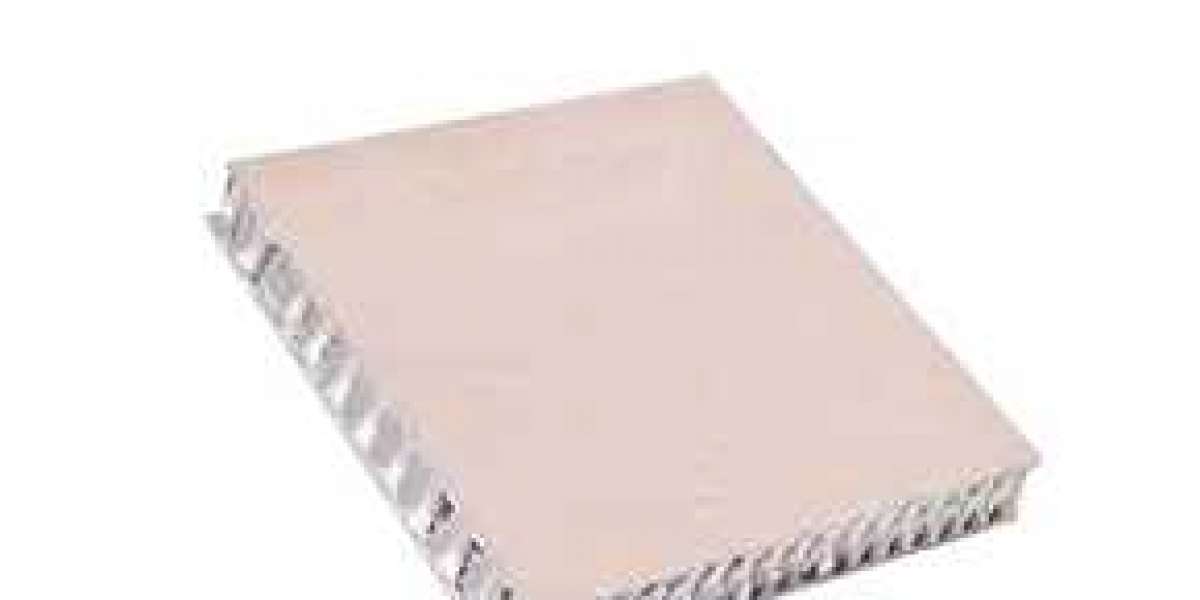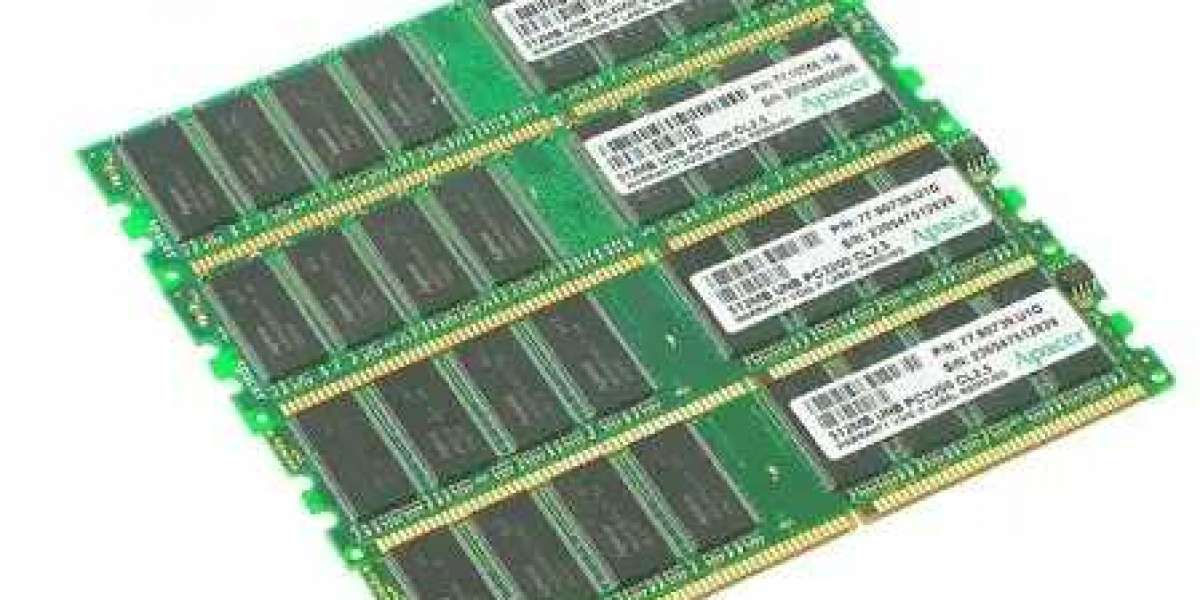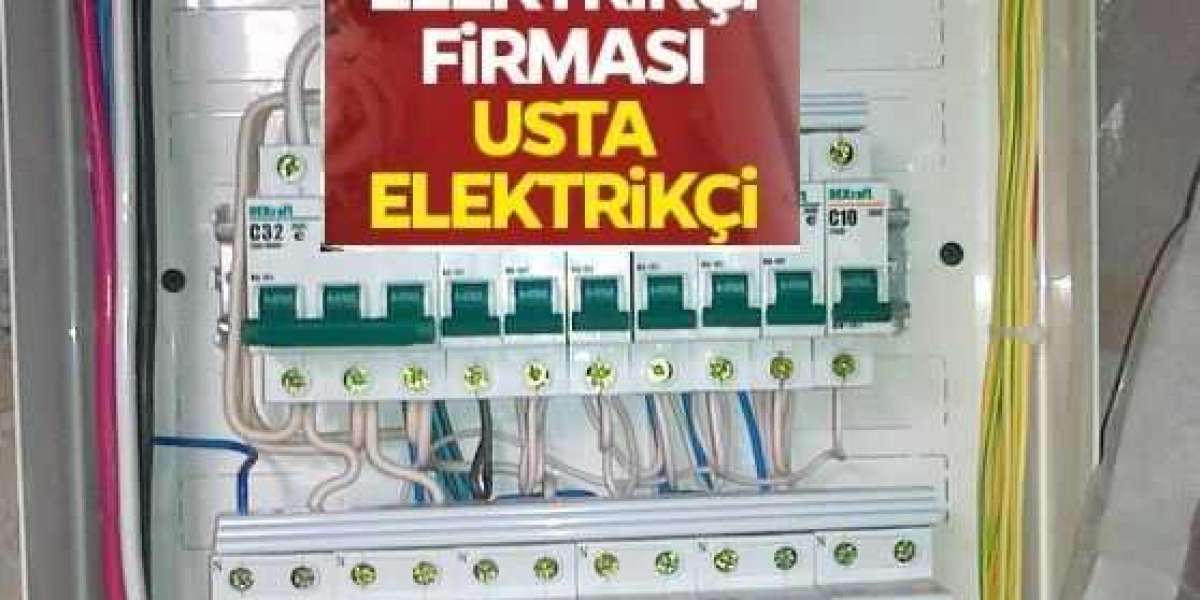Discover the innovative world of industry metal honeycomb panels, a cutting-edge solution revolutionizing construction and design. These lightweight yet durable panels offer unparalleled strength and versatility, making them ideal for a wide range of applications. From aerospace to architecture, these panels provide exceptional thermal insulation and structural integrity while reducing overall weight. With their unique hexagonal cell structure, industry metal honeycomb panels deliver superior performance compared to traditional materials. Explore how this advanced technology is reshaping industries and setting new standards for efficiency and sustainability.
Aluminum Honeycomb Panel Overview
Lightweight Construction Material
Industry metal honeycomb panels are known for being lightweight yet incredibly strong. They are made up of aluminum sheets bonded to a honeycomb core, providing an excellent strength-to-weight ratio. This makes them ideal for applications where weight is a concern, such as aerospace and marine industries.
These panels offer exceptional durability while keeping the overall weight of structures low. For example, in the aviation industry, using aluminum honeycomb panels on aircraft can reduce fuel consumption due to their lightweight nature.
Versatile Applications
The versatility of industry metal honeycomb panels allows them to be utilized across various industries. From construction and architecture to transportation and renewable energy sectors, these panels find applications in diverse fields due to their unique properties.
In construction, they are used for cladding facades or interior walls due to their lightweight nature and ease of installation. Similarly, in the automotive industry, these panels are incorporated into vehicle components like doors or floors for enhanced performance without adding unnecessary weight.
- Lightweight yet strong
- Ideal strength-to-weight ratio
- Used in aerospace marine industries
Benefits of Aluminum Honeycomb Panels
High Strength-to-Weight Ratio
Aluminum honeycomb panels are widely used in the industry metal honeycomb panel due to their high strength-to-weight ratio. This feature makes them ideal for structural applications where a lightweight material with exceptional strength is required. For instance, in aerospace engineering, these panels are favored for aircraft construction as they provide robustness without adding excessive weight.
The industry metal honeycomb panel offers remarkable thermal and sound insulation properties. The structure of the aluminum honeycomb core creates air pockets within the panel, acting as insulators that help regulate temperature and reduce noise transmission effectively. As a result, buildings constructed using these panels benefit from energy efficiency by maintaining indoor temperatures and reducing external noise infiltration.
Fire-Resistant and Corrosion-Resistant Properties
In addition to their excellent insulation capabilities, aluminum honeycomb panels boast fire-resistant and corrosion-resistant properties that enhance their durability significantly. These features make them suitable for various applications where safety is paramount, such as building facades or interior wall cladding systems. Their ability to withstand high temperatures without compromising structural integrity ensures added protection against fire hazards.
- Pros:
- Lightweight yet strong
- Efficient thermal and sound insulation
- Durable with fire-resistant qualities
- Cons:
- Higher initial cost compared to traditional materials
- Requires specialized installation expertise
- Install aluminum honeycomb panels following manufacturer guidelines.
- Ensure proper sealing during installation to maximize thermal efficiency.
- Regularly inspect for any signs of corrosion or damage over time.
Aluminum honeycomb panels offer a myriad of benefits across various industries due to their unique characteristics that cater to specific needs efficiently.
Customization Options for Metal Honeycomb Panels
Sizes, Shapes, and Thicknesses
Metal honeycomb panels are versatile and can be tailored to fit various requirements. These panels come in a variety of sizes, shapes, and thicknesses to suit different project needs. For instance, they can be customized into large rectangular panels for building facades or smaller square pieces for interior design elements.
Customizing metal honeycomb panels allows architects and designers the freedom to create unique structures. The ability to choose from different sizes enables flexibility in construction projects. Whether it's a small-scale renovation or a large architectural endeavor, these customizable panels offer adaptability.
Surface Finishes and Colors
One of the advantages of metal honeycomb panels is their capability to be personalized with different surface finishes and colors. From matte black finishes for a modern look to metallic hues for an industrial feel, the options are endless. By selecting specific skins, such as aluminum or stainless steel skins with varying textures, users can achieve distinct visual effects.
The customization of surface finishes on metal honeycomb panels enhances their aesthetic appeal while also providing functional benefits like durability and weather resistance. For example, choosing a powder-coated finish not only adds color but also protects the panel from corrosion in outdoor applications.
Types of Honeycomb Cores in Metal Panels
Aluminum Core
Aluminum honeycomb core stands out for its remarkable strength and stability. This type of core is widely used in metal honeycomb panels due to its exceptional structural properties. The aluminum core provides excellent durability, making it suitable for various applications where robustness is crucial. Industries such as aerospace and marine often opt for aluminum honeycomb cores to ensure the panels can withstand harsh conditions.
Industries prefer using aluminum cores because they offer a perfect balance between lightweight construction and high strength. The utilization of an aluminum core ensures that the metal honeycomb panel remains sturdy while keeping the overall weight at a minimum, which is essential for applications requiring both durability and reduced weight.
Nomex Core
Nomex honeycomb core is known for its outstanding heat resistance capabilities, making it an ideal choice for applications where high temperatures are a concern. This type of core excels in environments with elevated temperatures, such as aircraft components exposed to engine heat or industrial settings requiring fire-resistant materials.
The Nomex core offers superior thermal insulation properties compared to other types of honeycomb cores, ensuring that the metal panels maintain their structural integrity even under extreme heat conditions. Its ability to withstand high temperatures without compromising performance makes it a preferred option in industries where fire safety is paramount.
Thermoplastic Core
Thermoplastic honeycomb core presents itself as a lightweight and cost-effective solution for manufacturing metal honeycomb panels. This type of core combines durability with affordability, catering to industries looking for efficient yet economical options when producing composite structures.
The thermoplastic core offers ease of processing during manufacturing, contributing to reduced production costs while maintaining satisfactory mechanical properties required for various applications. Industries seeking budget-friendly alternatives without compromising on quality often turn to thermoplastic cores for their metal honeycomb panels.
Aerospace-Grade Aluminum Core for Honeycomb Panels
Superior Strength
A metal honeycomb panel with an aerospace-grade aluminum core material is engineered to deliver exceptional strength, crucial for demanding applications in the aviation industry. The materials used are meticulously selected to ensure the panel can withstand high-stress environments typical of aircraft structures. This specialized core enhances the overall durability and reliability of the honeycomb panel.
The use of this advanced aluminum core contributes significantly to meeting stringent quality standards such as BMS and TY5 CL4 GR3, ensuring that the final product complies with specific performance requirements set forth by regulatory bodies. By incorporating this high-quality core material, manufacturers can produce honeycomb panels that adhere to strict guidelines, providing assurance of reliability and safety in aerospace operations.
Weight Reduction Benefits
One key advantage of utilizing an aerospace-grade aluminum core in metal honeycomb panels is its ability to reduce weight while maintaining structural integrity. The lightweight nature of these panels plays a critical role in enhancing fuel efficiency and overall performance in aircraft operations. By incorporating such advanced materials into their design, engineers can achieve significant reductions in overall weight without compromising on strength or durability.
Market Segments for Metal Honeycomb Panels
Construction Industry
Metal honeycomb panels are extensively used in the construction industry for various architectural purposes. These panels provide structural strength while being lightweight, making them ideal for applications where weight is a concern. They are commonly employed in building facades, interior walls, ceilings, and partitions due to their durability and aesthetic appeal.
In construction projects, metal honeycomb panels offer benefits like ease of installation, energy efficiency by providing insulation properties, and customization options to meet specific design requirements. Their ability to enhance the overall look of a building while ensuring structural integrity makes them a popular choice among architects and builders.
Transportation Vehicles
In the transportation sector, particularly in vehicles like trains and ships, metal honeycomb panels play a crucial role. These panels contribute to the overall lightweight construction of vehicles without compromising on strength or durability. For example:
- In train interiors: metal honeycomb panels are used for wall cladding and ceiling systems.
- In shipbuilding: these panels find application in bulkheads, cabin divisions, furniture components like tables and shelves.
The use of metal honeycomb panels in transportation vehicles helps reduce fuel consumption by lowering the vehicle's weight while maintaining high structural performance standards.
Furniture Manufacturing Interior Design
Beyond traditional applications like construction and transportation industries, metal honeycomb panels also have significant uses in furniture manufacturing and interior design sectors.
- In furniture production: these versatile panels can be shaped into various forms such as table surfaces or cabinet doors.
- For interior designers: they offer creative possibilities for decorative elements like feature walls or room dividers due to their lightweight nature compared to solid materials.
The flexibility offered by metal honeycomb panel technology, along with its strength-to-weight ratio advantages make it an attractive choice for creating innovative designs both in furniture manufacturing and interior design projects.
Certification and Quality Standards for Aluminum Panels
Complying with Industry Standards
Aluminum panels used in the construction industry comply with stringent standards set by organizations like ASTM and ISO. These standards ensure that the panels meet specific criteria related to their mechanical properties, fire resistance, and overall durability. For example, ASTM International establishes guidelines for materials' strength and safety across various industries.
Ensuring that aluminum honeycomb panels adhere to these standards is crucial as it guarantees the structural integrity of buildings where they are installed. By meeting these rigorous requirements, manufacturers demonstrate their commitment to producing high-quality products that meet or exceed industry expectations.
Rigorous Quality Control Processes
To maintain consistent quality levels, manufacturers implement thorough quality control processes during every stage of production. From raw material inspection to final product testing, each step undergoes meticulous scrutiny to identify any deviations from the established standards. This attention to detail ensures that only panels meeting the specified criteria are released into the market.
- Pros:
- Ensures safety and reliability of aluminum panels.
- Builds trust among consumers regarding product quality.
- Cons:
- Compliance with multiple standards can increase production costs.
- Stringent adherence may limit design flexibility at times.
Honeycomb Panel Systems and Installation Techniques
Easy Installation
Industry metal honeycomb panels offer easy installation with various mounting options available. Whether it's for interior or exterior applications, these panels can be easily installed using adhesive bonding or mechanical fastening methods. The simplicity of the installation process makes them a popular choice in various industries.
Metal honeycomb panels are versatile and can adapt to different mounting needs, providing flexibility during the installation process. These systems allow for quick and efficient installations, saving time and labor costs. With the right tools and techniques, installing industry metal honeycomb panels is a straightforward task.
Mounting Options
There are two primary methods: adhesive bonding and mechanical fastening. Adhesive bonding involves using specialized adhesives to secure the panel in place, creating a strong bond that ensures durability over time. On the other hand, mechanical fastening utilizes screws or clips to attach the panel securely to the surface.
- Pros:
- Easy installation process
- Versatile mounting options
- Cons:
- Adhesive bonding may require specific conditions for optimal results
- Mechanical fastening might leave visible screw heads
To ensure a successful installation of industry metal honeycomb panels, it's crucial to follow manufacturer guidelines regarding mounting options. By choosing the appropriate method based on your project requirements, you can achieve a seamless and long-lasting result.
Durable Characteristics of Metal Honeycomb Panels
Impact and Environmental Resistance
Metal honeycomb panels are known for their high strength and resistance to impact, vibrations, and harsh environmental conditions. This durability makes them ideal for applications where protection against physical damage is crucial. For instance, in the aerospace industry, these panels are used in aircraft interiors to safeguard against impacts during flight.
The industry metal honeycomb panel's resistance extends beyond just physical impact; it also includes protection against extreme temperatures. Whether exposed to high heat or freezing cold, these panels retain their structural integrity. This resilience ensures that they maintain their shape and functionality over an extended period without warping or weakening due to temperature fluctuations.
Long Lifespan and Low Maintenance
One of the key advantages of using metal honeycomb panels is their long lifespan coupled with minimal maintenance requirements. Due to their durable nature, these panels can withstand wear-and-tear over time without significant deterioration. This longevity translates into cost savings as they do not need frequent replacements or repairs compared to other materials.
Moreover, the low maintenance needs of industry metal honeycomb panels make them a practical choice for various industries such as marine construction where regular upkeep may be challenging. With simple cleaning routines and occasional checks for any signs of damage or corrosion, these panels can last for years while maintaining their quality and performance levels.
Summary
The detailed exploration of aluminum honeycomb panels and their various aspects sheds light on the versatility and durability these panels offer across different industries. From aerospace-grade cores to customization options, the market segments they cater to, and the stringent quality standards they adhere to, metal honeycomb panels stand out as innovative solutions for a wide range of applications. Their lightweight nature coupled with exceptional strength make them ideal for enhancing structural integrity without compromising on weight.
As the demand for high-performance materials continues to rise, understanding the benefits and characteristics of metal honeycomb panels becomes crucial for architects, engineers, and manufacturers alike. By staying informed about the latest advancements in this field and exploring the diverse applications these panels offer, individuals can harness the full potential of aluminum honeycomb panels in their projects. Embracing these cutting-edge solutions not only ensures superior performance but also paves the way for innovation in various industries.
Frequently Asked Questions
Are aluminum honeycomb panels suitable for outdoor applications?
Yes, aluminum honeycomb panels are ideal for outdoor use due to their weather resistance, durability, and lightweight nature. They are commonly used in facades, cladding, roofing, and other exterior architectural applications.
What customization options are available for metal honeycomb panels?
Metal honeycomb panels offer various customization options such as different finishes (powder coating, anodizing), colors, sizes, shapes, thicknesses. Custom patterns or perforations can be created based on specific design requirements.
How do aerospace-grade aluminum cores benefit honeycomb panels?
Aerospace-grade aluminum cores provide exceptional strength-to-weight ratio crucial for high-performance applications. These cores enhance structural integrity while keeping the overall weight of the panel low. This makes them ideal for industries requiring lightweight yet strong materials.
Which market segments commonly utilize metal honeycomb panels?
Metal honeycomb panels find extensive use across diverse market segments including aerospace aviation industry (aircraft interiors), construction (facade systems), transportation (railway interiors), marine sector (shipbuilding), automotive sector (car body parts), and renewable energy structures among others.
What quality standards should one look for in aluminum honeycomb panels?
Look for certifications like ISO 9001:2015 which ensures consistent quality management practices throughout manufacturing. ASTM International standards also play a vital role in ensuring material performance meets industry benchmarks. Quality testing certificates from recognized bodies further validate the product's reliability.







